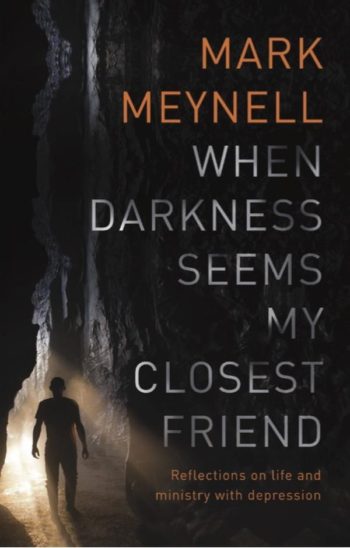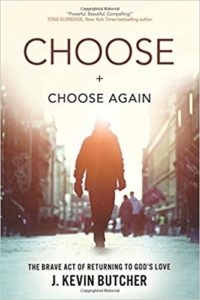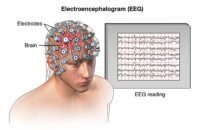DEPRESSION:
a. TIP: Journaling to improve depression symptoms.
b. Another study talks about a link between some antidepressants and risk for dementia. Anticholinergic stuff, which we’ve known for awhile.
c. Antidepressants linked (again) to weight gain.
d. That being said, a February study showed just how effective antidepressants are for many.
e. Jesus Culture’s Kim Walker-Smith talks about her depression, and what’s helped.
f. An entrepreneur talks about battling back from a suicide attempt, and building a successful business.
“While I wouldn’t wish depression on anyone, I’m also not at all sorry for those years I spent self-destructing. Because making it through that experience to the other side has taught me more about entrepreneurship and being a successful business owner than any business school ever could.”
ANXIETY:
a. 7 RESEARCH-BASED Thought-Habits of Highly Self-Confident People. (1. Don’t worry if you don’t feel confident all the time. 2. Show compassion to your Future Self. 3. Practice Compassionate and Realistic Self-Talk. 4. Relabel “failures.” 5. Own your expertise. 6. Know your strengths. 7. Remember your higher purpose).
b. Based on a study of mice, one possible reason why women might be more prone to anxiety than men.
c. A pretty good list of natural supplements for anxiety.
d. Singer Jasmine Murray on how her anxiety led to panic attacks.
e. Gold medalist Mikaela Shiffrin on growing up with anxiety.
OCD:
a. Camila Cabello (Havana singer) talks about her OCD.
SCHIZOPHRENIA.
a. A new study identifies the brain cell types underlying schizophrenia.
MENTAL ILLNESS.
a. New study: Having a mental illness significantly increases the risk of being a VICTIM of crime.
VERSE:
“But Jesus often withdrew to the wilderness for prayer.”
(Luke 5:16)








